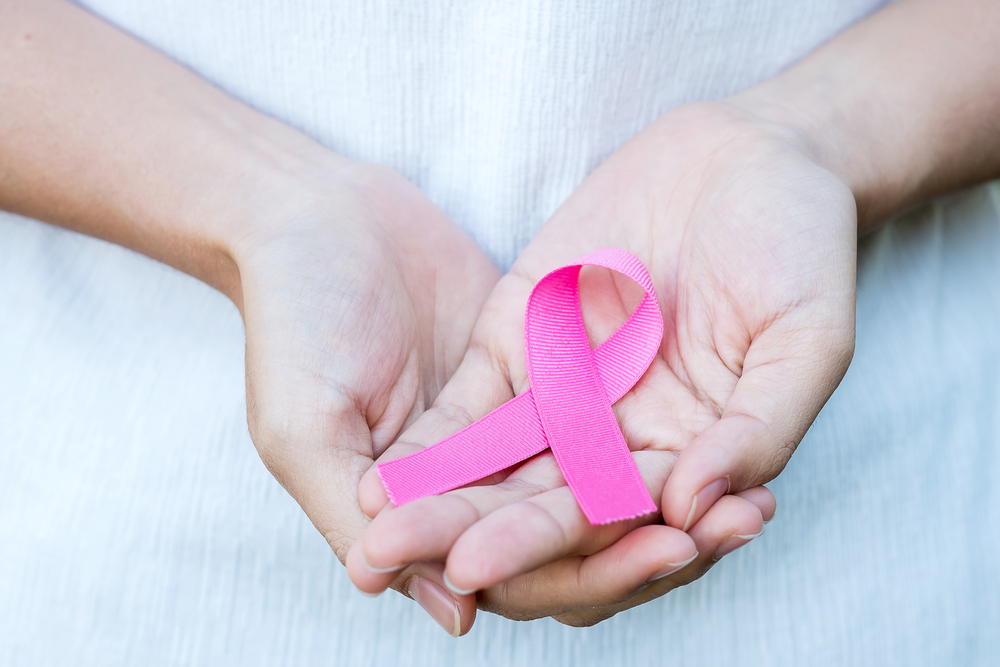HER2-positive breast cancer occurs when the breast cancer cells carry a protein receptor known as HER2. This protein normally aids breast cells in their growth, division, and repair.
However, there are times when something turns out badly with the gene that regulates the HER2 protein, and your body produces an excessive number of these receptors. As a result, your breast cells will multiply and grow unmanageably.
While HER2 breast cancer is more severe than other forms, there are therapies that can help. You and your doctor will discuss alternative treatments and come up with the best ways that are suitable for you.


